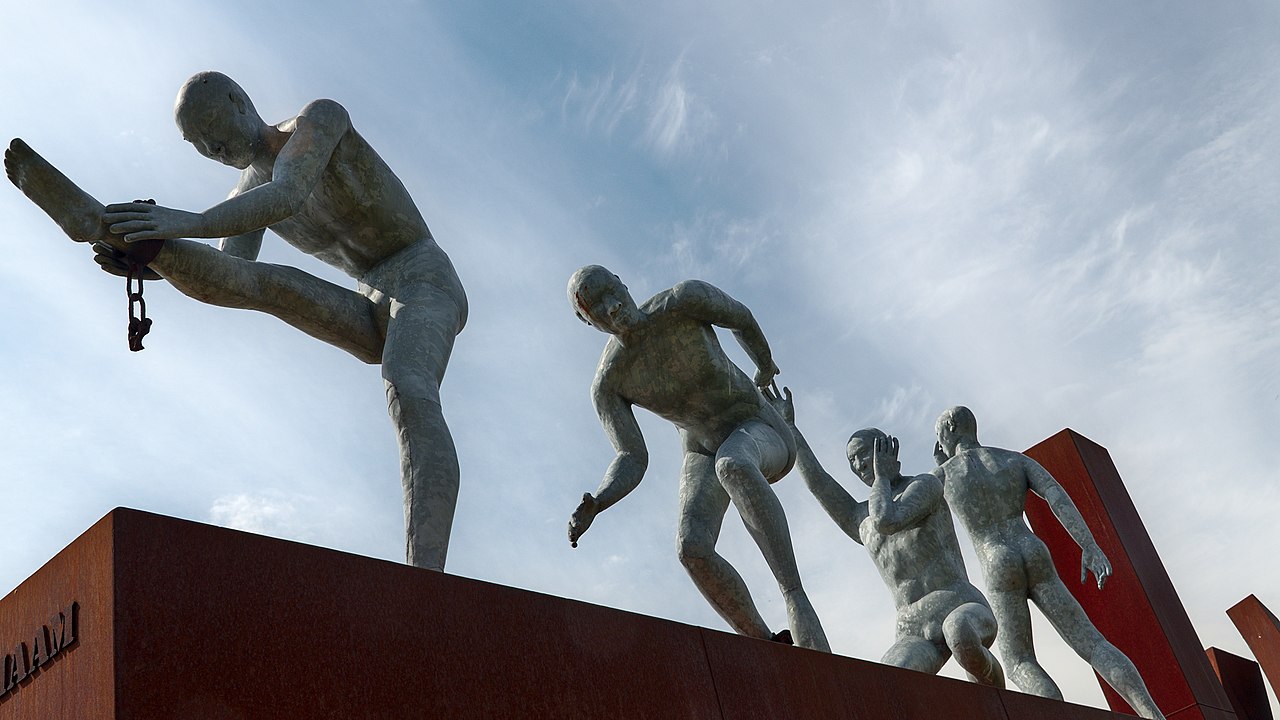A Brief History Of The American Presidency, Part 2: ‘In Case Of Tyranny, Break Glass’
The shadow of monarchy hung over the discussions of the presidency at the Constitutional Convention.
Even though the Articles of Confederation failed, many people still remember King George. A unified executive power was a bad thing. Reasonable voices could point out that while a body of disparate interests might fight amongst itself, a unified power is in an ideal position to grasp even more power — a president can act quickly and decisively during a crisis, and then refuse to relinquish those powers once the emergency had passed.
A strong executive can also accomplish things that deliberative bodies struggle with. Certain situations, such as rebellion or invasion, require quick and decisive actions.
Aware of history, we are able to recognize the importance of a Only a few delegates tried to square this circle by following the example of the Roman Republic — like America, Rome had thrown off tyrannical kings and loathed monarchy ever since, but unlike America, Rome had extremely powerful magistrates — the consuls — who held the power of life and death over their citizens and were immune from legal prosecution while in office. However — there were TWO consuls, and each had unlimited veto power over the activities of the other.
The executive has certain advantages. However, if one consul becomes power hungry, the other consul could stop him.
The plural executive solution has its problems, however. What happens if the consuls are not in agreement? Mutually assured vetoes don’t mean anything, and in that case, we’re back at the beginning.
Worse, the deployment of a consular arm in the field with command alternating between the two led to disastrous results.
Take the Battle of Cannae In 216 BC, Hannibal the Carthaginian played two consuls against each other. One consul was cautious and suspicious that Hannibal was trying to lead them into a trap. The other consul was aggressive and eager for glory.
Hannibal wisely made the simple move of holding a strong position while the cautious consul was in charge and then baiting the other Consul into a trap while the commander who was wise to his shenanigans couldn’t do anything about it — killing one-fifth of Rome’s fighting aged men in the process.
Anachronistically, observing that a house divided against it cannot stand the framers arranged the “plural executive” almost immediately.
Of course, the Romans had a different office they could fall back on in extreme emergencies, where the Senate could appoint one man whose word was law — a dictator — but if you’ve ever heard the name Julius Caesar you know exactly where that story goes.
Terrified that their Frankenstein creation might turn into a dictator despite their best efforts, the Convention quibbled over the specifics — should the president be selected by the states, or Congress, or popular election? He should be eligible for a limited term or his lifelong election if he is good behaved.
Finaly, the convention decided to follow the Enlightenment philosopher Montesquieu by deciding that the legislative and executive branches should be separated. SeparateThey can be combined with the judiciary to turn their power against each other in an attempt to limit ambition.
Congress would not have any role in choosing the president, but it would have the power confirm or deny the appointments of his most powerful underlings and desired judges. Impeachment was still on the table. “in case of tyranny, break glass” Protect, along with an additional safeguard of a two thirds threshold for conviction in Senate to ensure that the House wouldn’t get For political purposes, impeachment-happy.
While the president can veto legislation, Congress has the power to override it. The president can command the military but only Congress can declare war. A smorgasbord of electoral colleges gave the people, states and Congress the power to reward or remove the chief executive very frequently.
This was not enough to satisfy the critics. The power of the presidency was a major weakness of the Constitution according to anti-federalists. However, supporters would point out that George Washington would undoubtedly be the first president proper and that his administration would be the model for all subsequent presidents. Washington had already walked away from absolute power after relinquishing his command at the end of the Revolutionary War, and is perhaps unique in American history for the unique admiration and trust Americans of all political backgrounds had for him — if anyone could paper over ambiguities or deficiencies in the office, it would be him.
Washington would set the tone in many ways for the presidency. He was a strong supporter of the Bill of Rights, which would limit the federal government’s power. In an age where regal titles are more important than ever, “his highness” Oder “his majesty,” He settled for the simple honorific “Mr. President.” His veto power was not treated as such by him
" Conservative News Daily does not always share or support the views and opinions expressed here; they are just those of the writer."





Now loading...